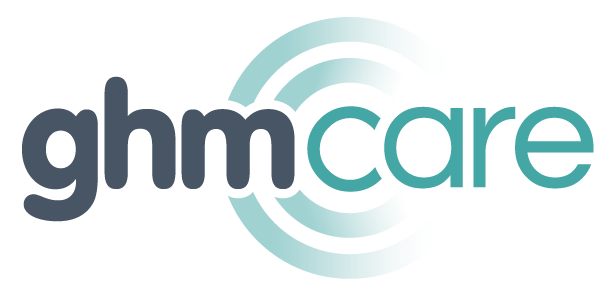Major study links low internet usage to slow broadband
Report by BBC
Parts of Britain are being left behind on access to online services, because of slow broadband, research suggests.
King’s College London researchers said many of the regions with the worst internet access also used modern services the least.
The study compared online logs from half of the country’s population with rates of use of the BBC’s iPlayer.
One analyst said it raised questions about rural areas being “deprived of the full benefits of broadband”.
According to the study, which was published this week, South Ayrshire, Ards and the Isle of Wight were among the areas where people used iPlayer the least.
They also named the East Riding of Yorkshire, North Down and Midlothian as areas of similarly low usage.
When they had compared the regional disparities with Ofcom data on broadband speeds, they had found a positive correlation, they said.
Similarly, areas that had used iPlayer a lot, such as London, south Gloucestershire and Bristol, had generally benefited from relatively fast broadband speeds.
Disparity
“It is clear that high-speed broadband is an important factor in the use of bandwidth-intensive applications such as BBC iPlayer,” said Dr Nishanth Sastry, a senior lecturer at King’s College London (KCL) and the lead researcher.
“With technological advancements, it is likely that more services important to daily life will move online, yet there is a significant proportion of the population with inadequate broadband connections who won’t be able to access such services.”
Ian Watt, a telecommunications consultant with the analyst Ovum, said the research highlighted the “need for ubiquitous high speed broadband access, including the extent to which some rural areas where broadband speeds remain relatively low are being deprived of the full benefits of broadband”.
But he added that the disparity could be explained by people who did not want to use such bandwidth-intensive services not feeling the need to pay for faster broadband.
“It is also important to remember that, although the retail price of broadband is similar across different parts of the UK, the cost of providing it varies significantly, depending on household density,” he said.
‘Deprived’
Mr Watt said broadband speed was particularly important for households wanting to view high definition video and those in which many people wanted to use services simultaneously.
“Recent Ovum research indicated a speed of 25Mbps was an appropriate target access speed to provide a high quality experience for video services,” he said.
But according to the KCL research, even the areas that used iPlayer were not benefiting from speeds of 25Mbps.
The researchers looked at records of 1.9 billion sessions on iPlayer by 32 million monthly users between May 2013 and January 2014.
They said they chose the service because it is funded by the TV licence and access to TV content is restricted to the UK, allowing them to isolate the domestic market.
